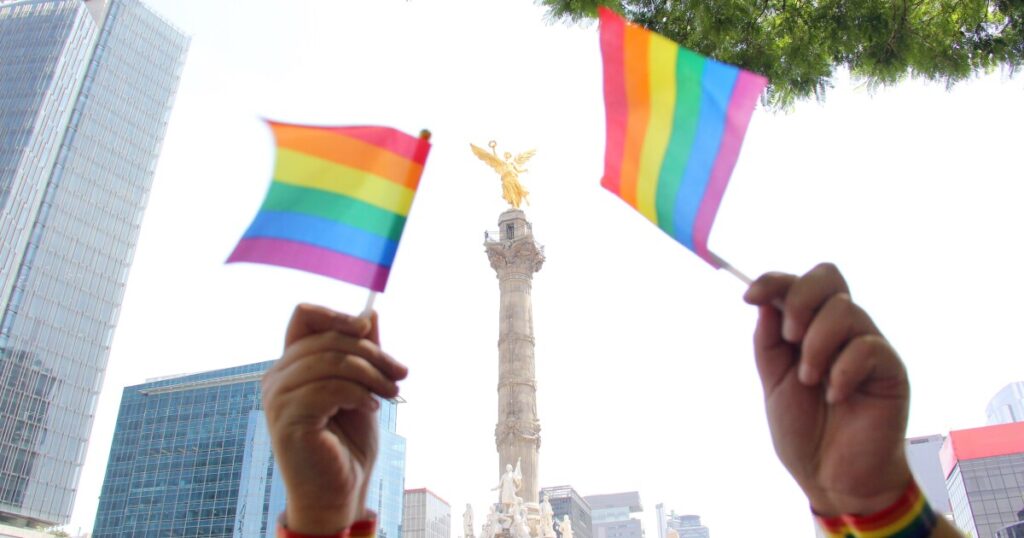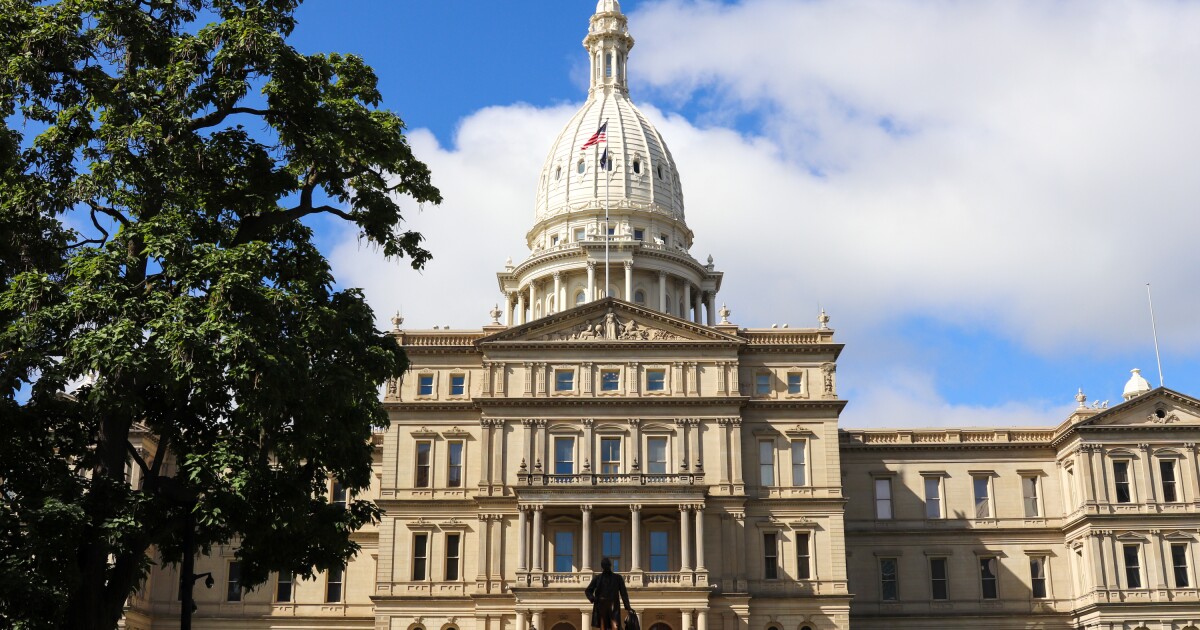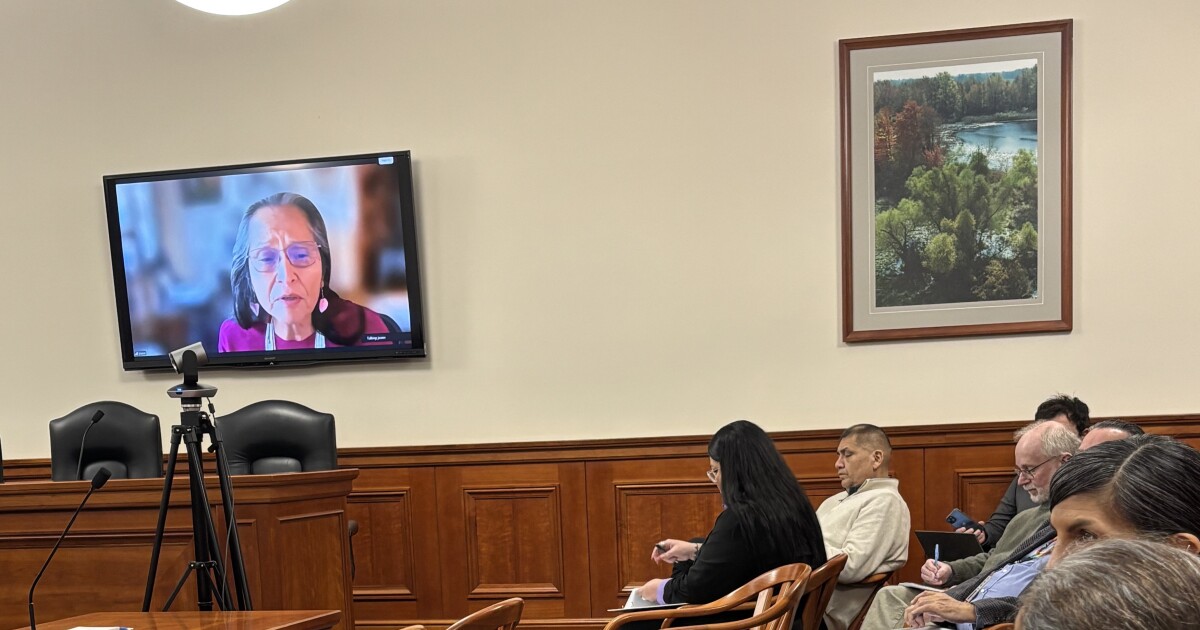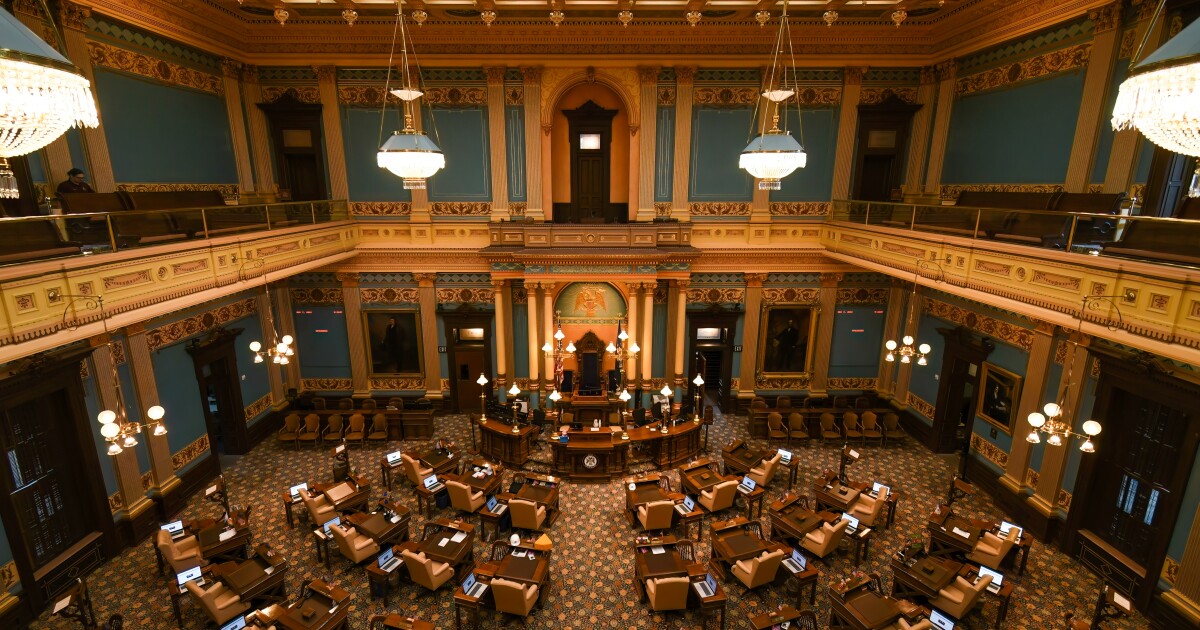Judge Upholds Hamtramck’s Flag Policy, Affirming Constitutional Validity
In a recent legal decision, a judge has confirmed that Hamtramck, a city near Detroit, acted within constitutional boundaries when it decided to ban LGBTQ+ flags from public flagpoles. This ruling comes after a lawsuit was filed in response to the city council’s decision to only allow specific flags, such as the American flag and the Michigan state flag, on publicly owned poles.
The decision to restrict flag displays was made two years ago by the city council, which cited the need to respect the diverse religious beliefs of its residents. The council, which is entirely composed of Muslim members, argued that the pride flag could conflict with the religious sentiments of some community members.
Despite the ban on public display, residents and business owners in Hamtramck are still free to fly pride flags on their private properties. This distinction was a key point in the court’s decision, as it demonstrated that the ban did not target specific groups but rather applied uniformly to all private flags.
Critics of the policy had claimed it infringed upon free speech rights. However, U.S. District Judge David Lawson dismissed these claims, stating, “Hamtramck’s refusal to display the Gay Pride flag did not violate the Constitution.” This ruling underscores the city’s authority to regulate the use of public spaces while maintaining a neutral stance on private expression.
Hamtramck is a small city with a rich immigrant history, as more than 40% of its 27,000 residents are foreign-born. The community is notably diverse, with significant numbers of Yemeni and Bangladeshi residents. The city’s mayor, Amer Ghalib, who was born in Yemen, has recently been nominated by former President Donald Trump to serve as the U.S. ambassador to Kuwait.
For more details, you can read the full article on the AP News website.
—
Read More Michigan News









